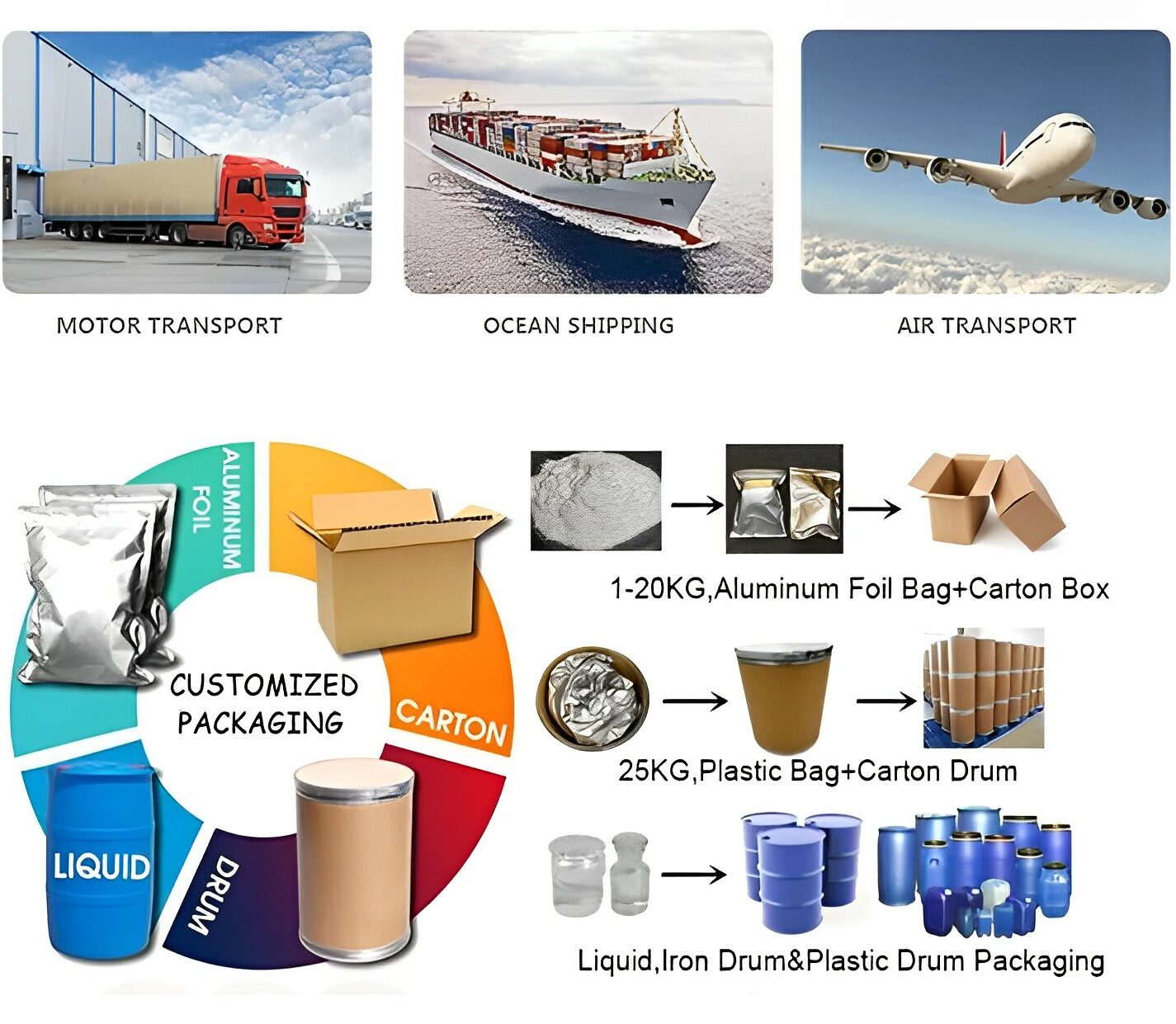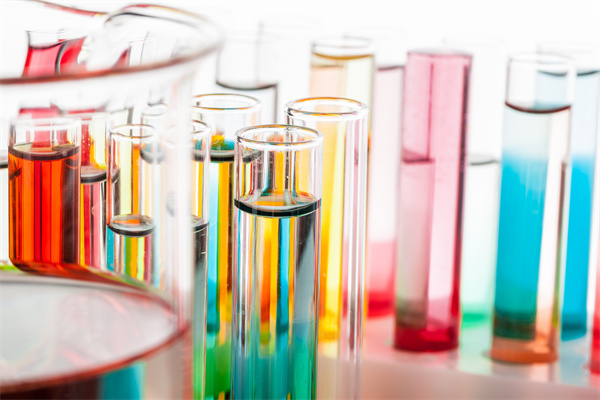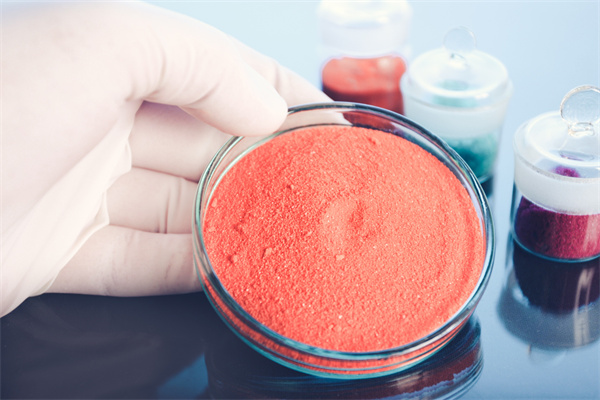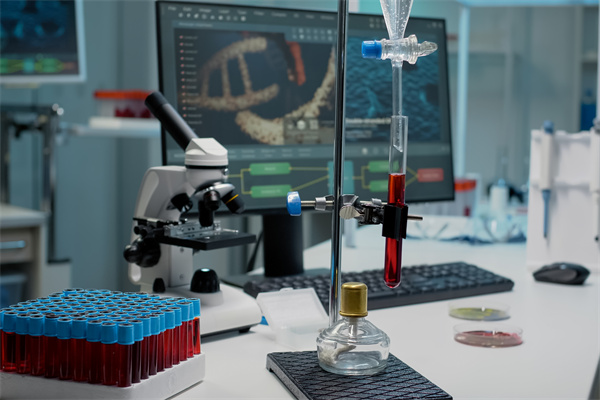PROFESSIONAL INTERNATIONAL PIGMENT SUPPLY CHAIN PLATFORM
Inquiry Now
Any questions? Send us message now! We’ll serve your request with a whole team after receiving your message. 🙂
Product Name: Bismuth Yellow
Color Index: P.Y.184
Appearance: Yellow powder
Main content: Bi-V
Provide low minimum order quantity to meet different needs.
Provide customized products and design services to meet unique customer needs.
Ensure fast order processing, minimize waiting time, and provide reliable and efficient service.
Provide high quality products with customer satisfaction at the core.
Characteristics:
1, Bismuth Yellow ‘s covering power and organic pigments used together, can produce a very bright luster, with high tone and strong hiding power.
2. Bismuth yellow is an excellent pigment with high weather resistance. Solvent resistance, acid and alkali resistance are very good, sun exposure loss rate is also very low.
3, Dispersion has excellent dispersion performance, whether used in water-based coatings, powder coatings, oil-based coatings or ink, can be very good dispersion.
4, The color is bright yellow, the brightness is almost close to the high performance yellow organic pigment.
Application:
Bismuth Yellow can be used in car painting, Aluminum painting, powder coating, building coating, fluorocarbon coating, coil coating, masterbatch, nylon, etc.
WPA offers an extensive range of pigments covering a wide variety of pigment types and applications. Whether you need pigments for paints, inks, plastics, textiles, paper, ceramics or artwork, we have you covered.
Our pigment products offer excellent color stability, lightfastness and weatherability, ensuring that your artwork or product will maintain excellent color performance in a variety of environments. The types of pigments we offer include organic pigments, inorganic pigments, and cover a wide range of bright, highly concentrated and durable color options.
Pigments are used in paints and coatings to provide color, opacity, and durability. They enhance the visual appeal and protect surfaces from corrosion, UV radiation, and weathering.
Pigments are incorporated into plastics and polymers during the manufacturing process to give them specific colors. They provide vibrant hues and can be blended to create a wide range of shades for various plastic products.
Pigments are essential components of printing inks, enabling the production of vibrant and vivid colors in publications, packaging materials, labels, and other printed materials.
Pigments are used in the textile industry to dye fabrics and achieve desired colors and patterns. They offer excellent color fastness and can withstand repeated washing and exposure to light.
Pigments play a crucial role in cosmetics and personal care products, such as makeup, nail polish, hair dyes, and skincare products. They provide color and give consumers a wide range of options to enhance their appearance.
Pigments are used in the food and beverage industry to add color to various products. They are carefully selected for their safety, stability, and ability to withstand food processing conditions.
Pigments are used in automotive paints and industrial coatings to provide long-lasting and attractive finishes. They offer excellent resistance to chemicals, weathering, and abrasion, ensuring the durability and aesthetics of vehicles and industrial equipment.
Pigments are utilized in the manufacturing of pharmaceuticals and healthcare products. They are used to color tablets, capsules, ointments, and various dosage forms for easy identification and aesthetic appeal while ensuring safety and efficacy.
Pigments are used in the ceramics industry to create colorful and decorative designs on ceramic products such as tiles, tableware, and decorative items. They can withstand high firing temperatures and provide long-lasting and vibrant colors.
Pigments are incorporated into construction materials like concrete, mortar, and terrazzo to add color and enhance the aesthetic appeal of buildings and structures. They can be used to create colored concrete floors, walls, and architectural elements.
Whether you are a professional painting artist, an industrial manufacturer or a personal enthusiast, our pigment products will bring you creativity and expression. We not only offer high quality pigment products, but also provide detailed product descriptions, technical parameters and usage instructions to help you choose exactly the right pigment material for your project.

WAP Chemical
2 Years
TUV, CE, INMETRO
TT, L/C, Western Union
7-15 Days
Can Be Negotiated

At WPA Chemical, we prioritize safety and adhere to strict quality standards in the production of food additives. Trust us to deliver products that meet and exceed industry regulations.

With a wide variety of food additives, we offer a comprehensive selection to cater to diverse needs. From preservatives to flavor enhancers, we have the perfect solution for every culinary requirement.

Our products undergo rigorous testing and analysis to ensure their efficacy and safety. Count on WPA Chemical to provide food additives that have been thoroughly examined and approved for consumption.

With years of experience in the food additive industry, we have developed a deep understanding of market trends and customer demands. Rely on our expertise to provide you with the finest quality additives.

We are committed to sustainable manufacturing practices. Our food additives are produced using environmentally friendly processes, reducing our carbon footprint while delivering exceptional results.

We prioritize customer satisfaction and aim to build long-lasting relationships. Experience our prompt service, reliable delivery, and personalized support, ensuring your needs are met with utmost professionalism.
Pigment is a colored substance that is used to impart color to various materials. Pigments are typically finely dispersed solid particles that can be organic or inorganic in nature. They are insoluble in the medium in which they are used and are responsible for the coloration of paints, plastics, inks, cosmetics, textiles, and many other products.
Pigments differ from dyes, which are typically soluble and impart color through a process of molecular dissolution and dispersion. Pigments, on the other hand, provide color by reflecting and absorbing certain wavelengths of light.
Pigments can be produced from a variety of sources, such as minerals, chemical compounds, or even organic materials. They can be synthesized through chemical processes or derived from natural sources. Pigments can be manufactured in a wide range of colors and possess varying properties such as opacity, lightfastness, heat stability, and chemical resistance.
Pigments are important in various industries because they allow for customization of colors, provide durability and stability in different applications, and contribute to the visual appeal of products. They are extensively used in paints, coatings, plastics, textiles, printing inks, cosmetics, and many other fields
WPA is a pigment manufacturer that specializes in the production and supply of pigments. We develop and manufacture pigments using different chemical compositions and processes to meet the specific requirements of various industries.
There are several types of pigments, broadly categorized into two main groups: organic pigments and inorganic pigments. Let’s explore each group in more detail:
Organic Pigments:
Inorganic Pigments:
These are just a few examples, and there are many more pigments available with different compositions, characteristics, and colors. Pigment manufacturers continue to develop new formulations and types of pigments to meet the evolving needs of various industries.
We produce a wide range of pigments, including organic pigments, inorganic pigments and specialty pigments. These pigments come in various colors and properties suitable for different applications.
The production process varies depending on the type of pigment. Generally, pigment manufacturers start with raw materials, such as organic or inorganic compounds, minerals, or metallic compounds. These materials undergo processes like grinding, milling, mixing, and chemical treatments to achieve the desired particle size, color, and physical properties of the pigments.
WPA are reputable pigment manufacturer, we implement stringent quality control measures throughout the production process. This can include testing raw materials, conducting in-process inspections, performing color matching, and analyzing the final pigments for various parameters such as color strength, purity, lightfastness, chemical stability, and particle size distribution.
Yes, many pigment manufacturers offer custom color matching services. WPA also work closely with their customers to understand their specific color requirements and can develop custom pigment formulations to meet those needs. This allows industries to have unique and tailored color solutions for their applications.
Yes, we have technical teams that can provide guidance and support on color matching, pigment selection, formulations, and application-specific recommendations. They can assist in troubleshooting issues and provide valuable insights into optimizing pigment performance for your particular application.
Important properties of pigments include color strength, brightness, opacity, lightfastness (resistance to fading when exposed to light), chemical resistance, heat stability, weather resistance, and compatibility with the intended application medium.
We are international chemical products supply chain company based in Shanghai, China with more than 10 years working experience, sell to Eastern Europe(50.00%), North America(30.00%), Africa(10.00%), Southeast Asia(5.00%), Eastern Asia(5.00%). There are total about 10–15 people in our office.
Always a pre-production sample before mass production;
Always final Inspection before shipment;
Coating auxiliaries,rubber chemicals, plastics, special pigments, flavors and fragrances, food additives, cosmetic raw materials, surfactant, etc
WPA is a professional trading company specialized in export chemicals, Our actual capacity is 200,000 tons, with competitive price.We also provide fine checmicals and food additives. And we have a supply chain for chemicals.
Accepted Delivery Terms: FOB, CFR, CIF, EXW, FAS, CIP, FCA, CPT, Express Delivery
Accepted Payment Currency:USD, EUR, JPY, CAD, AUD, HKD, GBP, CNY, CHF;
Accepted Payment Type: T/T,L/C,D/P D/A, MoneyGram, Credit Card, PayPal, Western Union, Cash;
Language Spoken:English, Chinese, Russian
Normally within 20 days after order has been placed. For details, please contact us by phone or email.
Any questions? Send us message now! We’ll serve your request with a whole team after receiving your message. 🙂
Powdered by Easyceotech
Fill out the form below, and we will respond to your inquiry as soon as possible.
